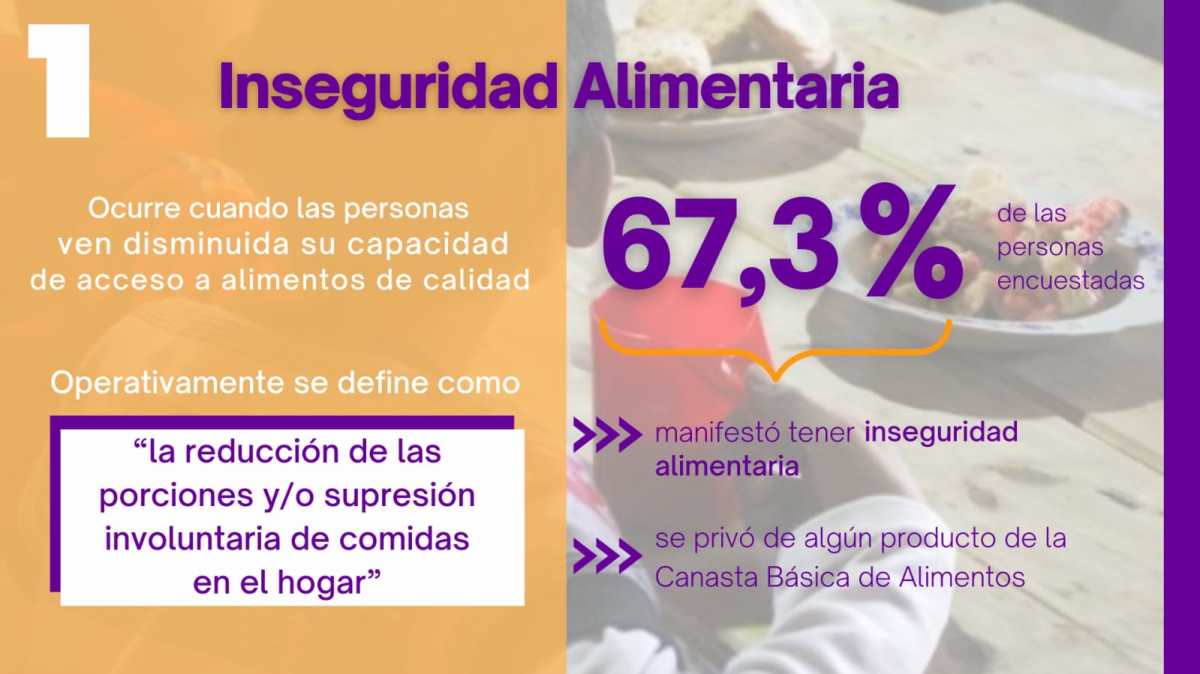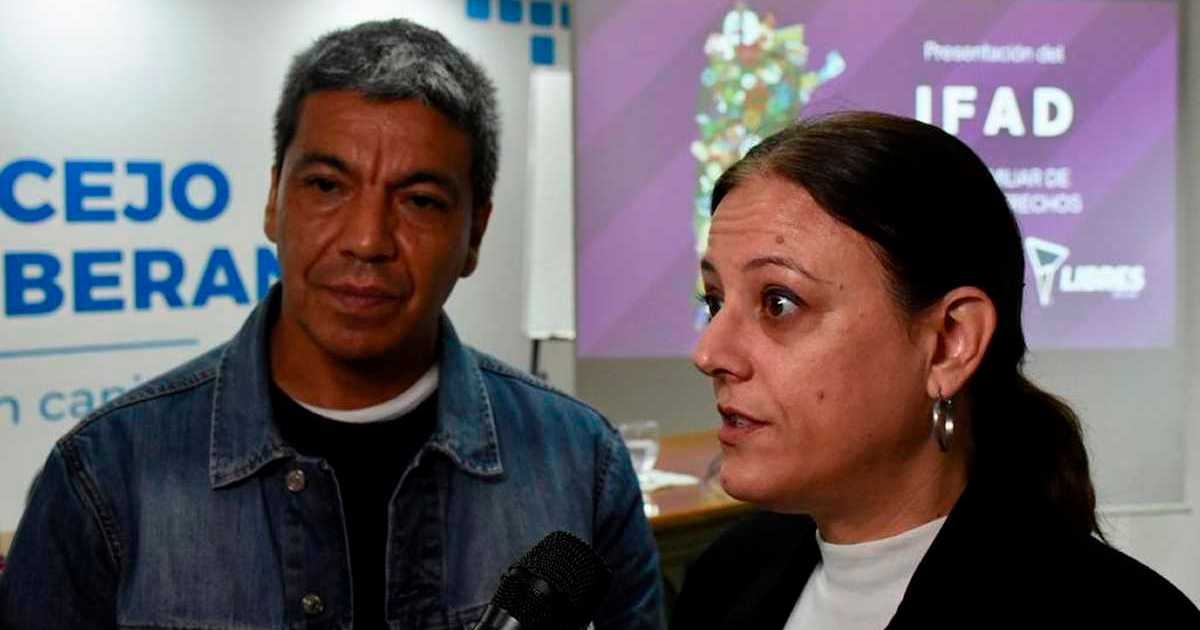He ISEPCI presented the numbers produced by the Family Indicator of Access to Rights (IFAD), a survey about health, education, housing and more, in popular neighborhoods. Thus, he determined that 67% of the people in these neighborhoods go hungry.

The statistics about food in the neighborhoods were presented by the director of ISEPCI Neuquén, Mercedes Lamarca, and told about IFAD. “It’s a national monitoring in popular neighborhoods on the situation of access to rights that families that attend soup kitchens and picnic areas go through,” he explained.
The survey was done in 606 homes in the province and 31,525 people were interviewed. Of the total universe surveyed 73.4% receive social assistance from at least one program and 95% are below the poverty line.
The data provided information on food, access to services, education, health, housing and social assistance. “In the food sector, it arises that 67.3% reduced the portions, eliminated some meal of the day or deprived themselves of some food, with what they suffer from “food insecurity” “, explained Lamarca.
Regarding health, the survey showed that the 95% of the people relieved go to the public system, that 26.6% of households have a person with a disability among their members and that 54.5% expressed problems in obtaining medical appointments.
According to the director of ISEPCI, “the 85.3% had no difficulties in maintaining their studies and only 3.1% dropped out of school in the last two years».
On the other hand, in terms of homes, Lamarca said that Only 56.8% of those who go to soup kitchens have their own home and 38.9% suffer from critical overcrowding. “Three or more people live per room without counting the bathroom and kitchen,” she explained.
Regarding access to services, The IFAD report indicates that 83.2% have network water, 65.2% have access to sewers, 81.2% have electricity, 59.1% have network gas and 87.6 % have internet connection.
They reported that the data will be delivered as input for analysis in different agencies such as the Ombudsman, Consumer Protection, Bishopric, Neuquén Legislature, among others.

